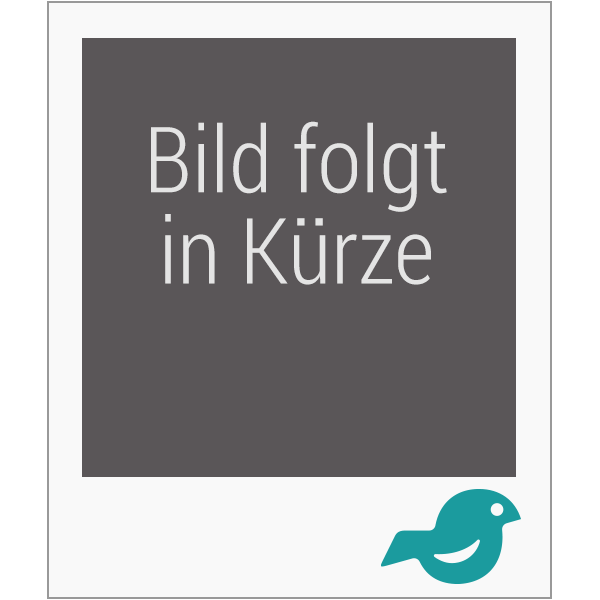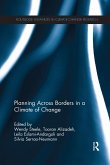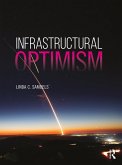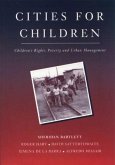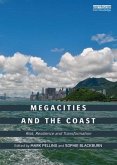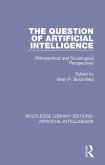Artificial Intelligence in Smart Cities presents an interdisciplinary and comprehensive analysis of how AI re-engineers urban life, governance, and infrastructure. The book explores key thematic areas, including smart government, economy, environment, living, people, cybersecurity and innovation, complemented by Central European empirical case studies. Each chapter examines the impact of AI technologies-machine learning, natural language processing, and IoT integration-on augmented decision-making, sustainability, health, education, urban resilience, and social inclusiveness. The book integrates empirical evidence, conceptual reflection, and practical deployment to illuminate how AI can be harnessed for inclusive urban growth. It guides readers through the complex landscape of ethics, economics, and privacy concerns while offering insights on algorithmic fairness, data protection, public trust, and AI innovation. This thoughtful examination advocates for a human-centered and ethical approach to smart city development, balancing technological advancement with societal needs. Addressed at researchers, urban planners, policymakers, technologists, and graduate students, this resource provides both policy-driven expertise and analytical capability. Readers will gain valuable perspectives on the convergence of urban futures and artificial intelligence, equipping them with the knowledge to navigate the challenges and opportunities of AI-enhanced urban environments while ensuring technology serves the public good. The book provides a thorough and systematic examination of the role of AI in smart cities, covering its applications, benefits, and challenges in various aspects of urban development, including governance, economy, environment, mobility, living, and people. * Offers an in-depth analysis of the key principles and technologies of AI, as well as its applications in smart cities, providing readers with a detailed understanding of the potential of AI to transform urban environments * Presents case studies of successful AI implementations in Central European cities, providing practical insights and lessons learned for policymakers, urban planners, and business leaders seeking to harness the power of AI to create more liveable, sustainable, and resilient cities * Adopts an interdisciplinary approach, drawing on insights from urban planning, computer science, engineering, economics, and social sciences to provide a comprehensive understanding of the role of AI in smart cities * Provides a vision for a future where AI is used to create a better life for all citizens and inspires a new wave of innovation and collaboration in the development of smart cities
Bitte wählen Sie Ihr Anliegen aus.
Rechnungen
Retourenschein anfordern
Bestellstatus
Storno

